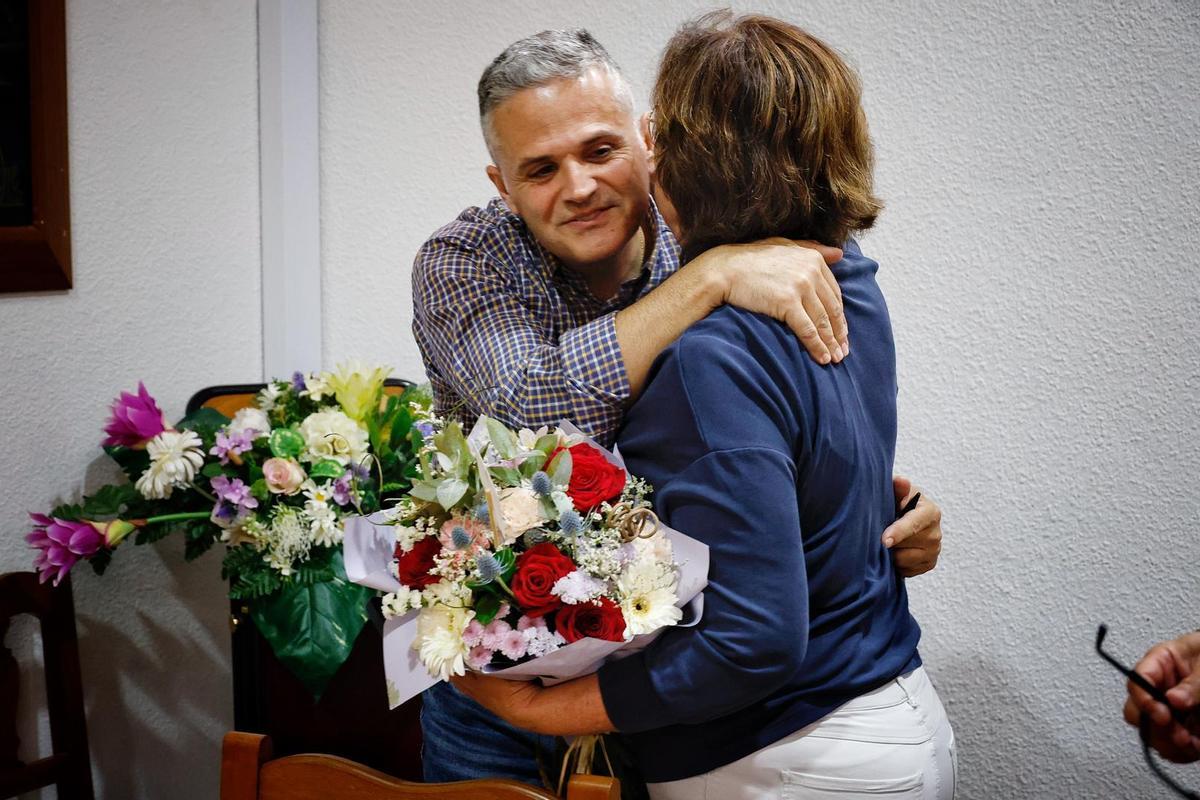The until now mayor of Tegueste, Ana Rosa Mena (PSOE), formally resigned her position on Monday during an extraordinary plenary session held at 9:00 AM, thus fulfilling the ‘time-sharing’ agreement reached with the Canary Coalition (CC) after the May 2023 local elections.
As per that agreement, the nationalist Norberto Padilla will take office on Friday at 6:00 PM, in another plenary session that will take place at the Tegueste Town Hall, allowing him to lead the municipality for the remaining two years of the mandate.
“I don’t know how to express the feeling, but you know I have it,” Mena began. “We are delighted that this moment has arrived and to continue with the mandate,” she continued. The now ex-mayor celebrated that “there have not been major problems,” and thanked the entire team for their work. “I pass the microphone and the seat to Norberto,” she added.
“We have been here not only to face problems but to provide solutions,” said Norberto Padilla in his first words, expressing satisfaction that the change is being made “in good harmony.”
The session, with that single point on the agenda, took place before a council chamber without the public. There were also no interventions from political groups. The PSOE spokesperson, Érika Hernández, presented a bouquet of flowers to Ana Rosa Mena “on behalf of the entire corporation.”

Hug between the now ex-mayor of Tegueste and her successor / María Pisaca
No structural changes
“The only thing changing is the Mayoralty,” Norberto Padilla had stated days earlier, emphasizing that both the municipal government’s structure and the distribution of responsibilities among the formations would remain unchanged. One of the few adjustments that will be carried out is the transfer of the Urban Planning area, which will be assumed by Ana Rosa Mena. This responsibility was previously held by fellow socialist Bernardo González.
It is worth noting that in the May 2023 elections, the PSOE won by a narrow margin of one vote (1,873 to 1,872), and both parties tied with six councilors each. The arithmetic of the council and the complexity of the local political map, with up to five parties represented, required negotiations that culminated in this alternating agreement.
Subscribe to keep reading
















